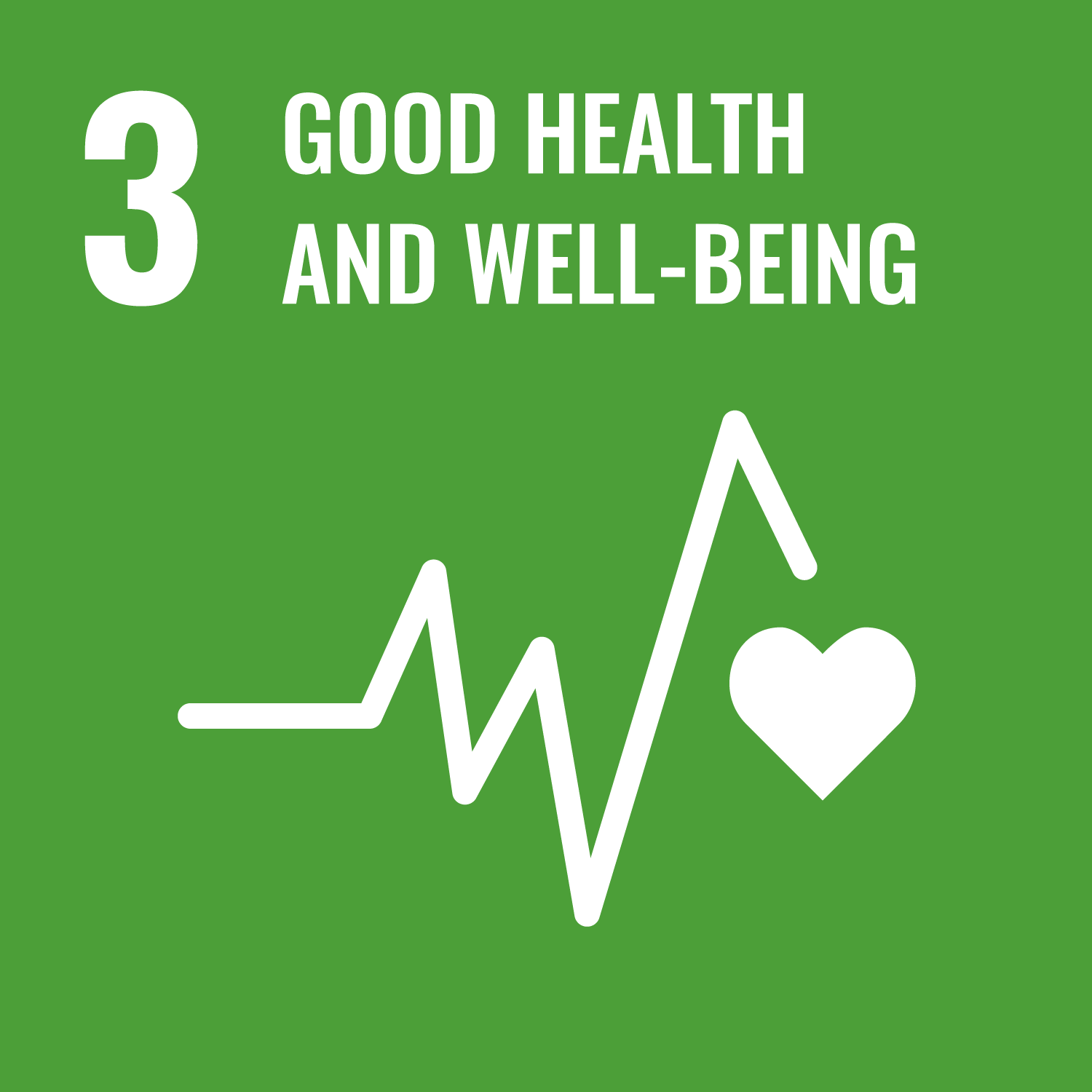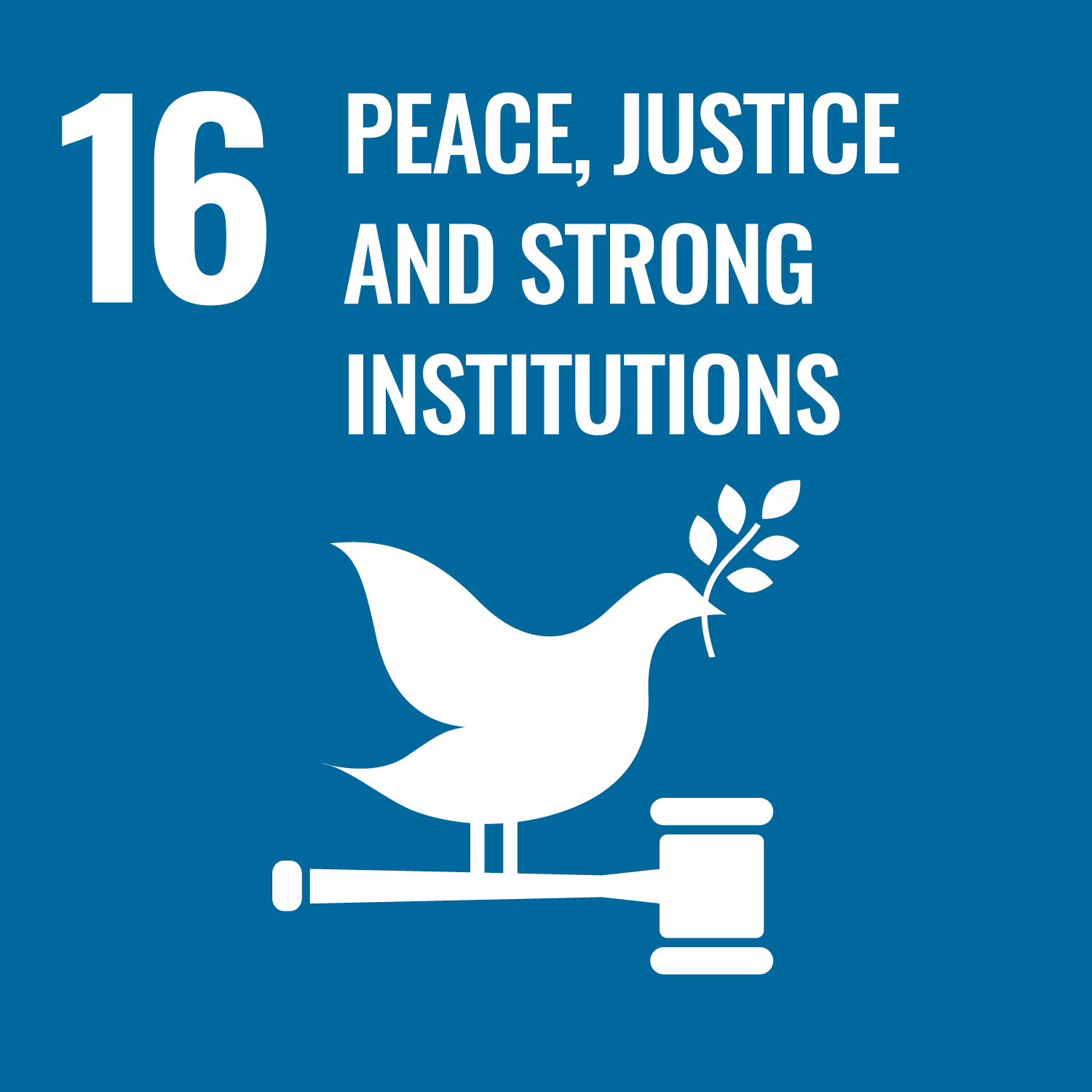Alameda County Justice Restoration Project
Aligned SDGs


- Alameda County Justice Restoration Project
- General overview
- Location
- Involved organisations
- Outcome metrics
- Other resources
- Spreadsheet of data
- Alameda County Justice Restoration Project
- General overview
- Location
- Involved organisations
- Outcome metrics
- Other resources
- Spreadsheet of data
General overview
Stage of development: Implementation
Policy sector: Criminal justice
Start date of service provision: Sep 2017
Service users: 179 individuals
Intervention
The intervention supports young adults returning to their neighborhoods in Alameda County through the provider's Individualized Coaching Model. Clients are paired for 18 months with coaches with similar life experiences who will provide dedicated engagement and mentorship. Coaches coordinate with probation officers and trained professionals to streamline access to an array of services that is challenging for clients to navigate without support. The model is designed to address key contributing factors to recidivism, including chronic unemployment/poverty, substance abuse, criminogenic thinking, lack of positive peer relationships and role models, and other services and supports, such as subsidized housing, mental and physical health care, and education.
Target population
Young adults aged between 18 - 34 (with priority for those aged 18 - 24) who are on felony probation or who have been
charged with certain felony crimes.
Location
Country
- United States
Service delivery locations
- Alameda County, California, USA
Involved organisations
Outcome metrics
- Reduction in re-arrests. Reduction in number of re-arrests due to any new felony or misdemeanor arrest relative to control group. Incarceration data from CA DOJ, CRIMS Alameda County DA's Office, Alameda County Probation Department and La Familia Counseling Services.
Other resources
Spreadsheet of data
Important Notice and Disclaimer on INDIGO Data
INDIGO data are shared for research and policy analysis purposes. INDIGO data can be used to support a range of insights, for example, to understand the social outcomes that projects aim to improve, the network of organisations across projects, trends, scales, timelines and summary information. The collaborative system by which we collect, process, and share data is designed to advance data-sharing norms, harmonise data definitions and improve data use. These data are NOT shared for auditing, investment, or legal purposes. Please independently verify any data that you might use in decision making. We provide no guarantees or assurances as to the quality of these data. Data may be inaccurate, incomplete, inconsistent, and/or not current for various reasons: INDIGO is a collaborative and iterative initiative that mostly relies on projects all over the world volunteering to share their data. We have a system for processing information and try to attribute data to named sources, but we do not audit, cross-check, or verify all information provided to us. It takes time and resources to share data, which may not have been included in a project’s budget. Many of the projects are ongoing and timely updates may not be available. Different people may have different interpretations of data items and definitions. Even when data are high quality, interpretation or generalisation to different contexts may not be possible and/or requires additional information and/or expertise. Help us improve our data quality: email us at indigo@bsg.ox.ac.uk if you have data on new projects, changes or performance updates on current projects, clarifications or corrections on our data, and/or confidentiality or sensitivity notices. Please also give input via the INDIGO Data Definitions Improvement Tool and INDIGO Feedback Questionnaire.